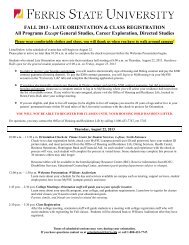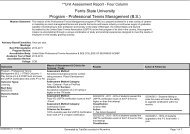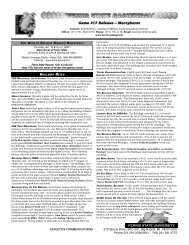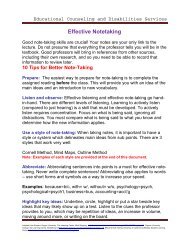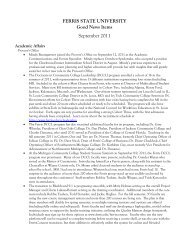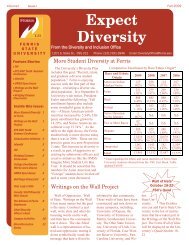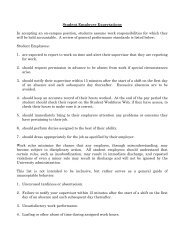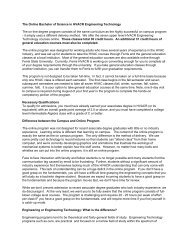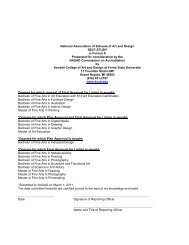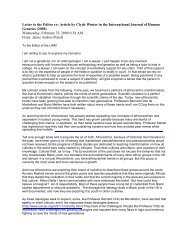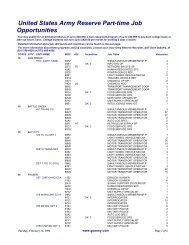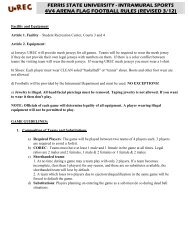Daniel Gasman - Ferris State University
Daniel Gasman - Ferris State University
Daniel Gasman - Ferris State University
Create successful ePaper yourself
Turn your PDF publications into a flip-book with our unique Google optimized e-Paper software.
was politically and scientifically active, as a remote historical period when in fact it is part of the<br />
contemporary world.<br />
Richards also undertakes a historiographical excursus that challenges the sensibilities of even<br />
hardened readers, decrying the writing of history in general as an exercise in manipulation as far back as<br />
Herodotus and Thucydides, and eventually ending up with a denunciation of historians like myself who,<br />
by linking Haeckel with National Socialism, – and presumably inspired by the famous Greek authors –<br />
have ‘caus[ed] sputtering convulsions’ 25<br />
because of a deceptive narrative of historical causality.<br />
What Richards overlooks is that Haeckel and his followers had a lot to say about ethics and morality.<br />
They were not passive onlookers of the society in which they lived, as Richards seems to suggest, but<br />
they constantly talked and wrote about the need to break down conventional religious moral standards in<br />
the light of the discoveries of evolutionary science. The Monists celebrated the defeat of Judeo-Christian<br />
ethics in the name of the struggle for existence and the demands of evolution, a discussion that would<br />
figure so poignantly in the writings of Friedrich Nietzsche and the cultural tragedy he felt coming with the<br />
death of God. By neglecting to point this out, Richards succeeds in casting Haeckel and the Monists in<br />
ahistorical terms as purveyors of conventional morality. Haeckel, however, was constantly at war with the<br />
traditional beliefs of European civilization, hoping to revolutionize the very ethical basis of society.<br />
Richards’ admonitions about the need for the historian to evaluate individuals in terms of the moral<br />
standards of their own society are completely beside the point.<br />
27<br />
Richards accuses historians who criticize Haeckel of distorting evidence by ‘cutting quotations,’<br />
he provides no examples. This is an unfounded accusation because it is Richards himself who is doing all<br />
the ‘cutting’ of relevant sources. For example, earlier in his text, he discusses a book that Haeckel wrote<br />
25 Ibid.<br />
26 Ibid, 500.<br />
27 The full sentence reads: ‘The historian can orchestrate outrage – as some dealing with Haeckel have – by cutting<br />
quotations into certain vicious shapes, selecting those that appear damaging while neglecting those that might be<br />
exculpating.’ Richards, Tragic Sense of Life, 500.<br />
26<br />
but<br />
15



